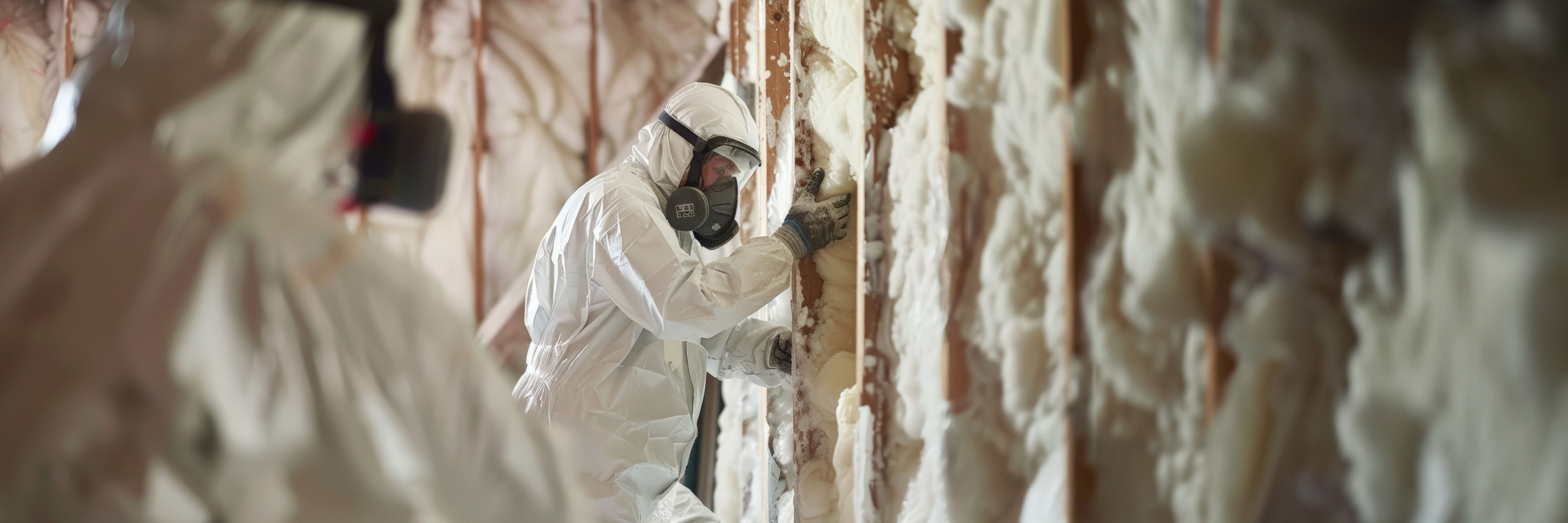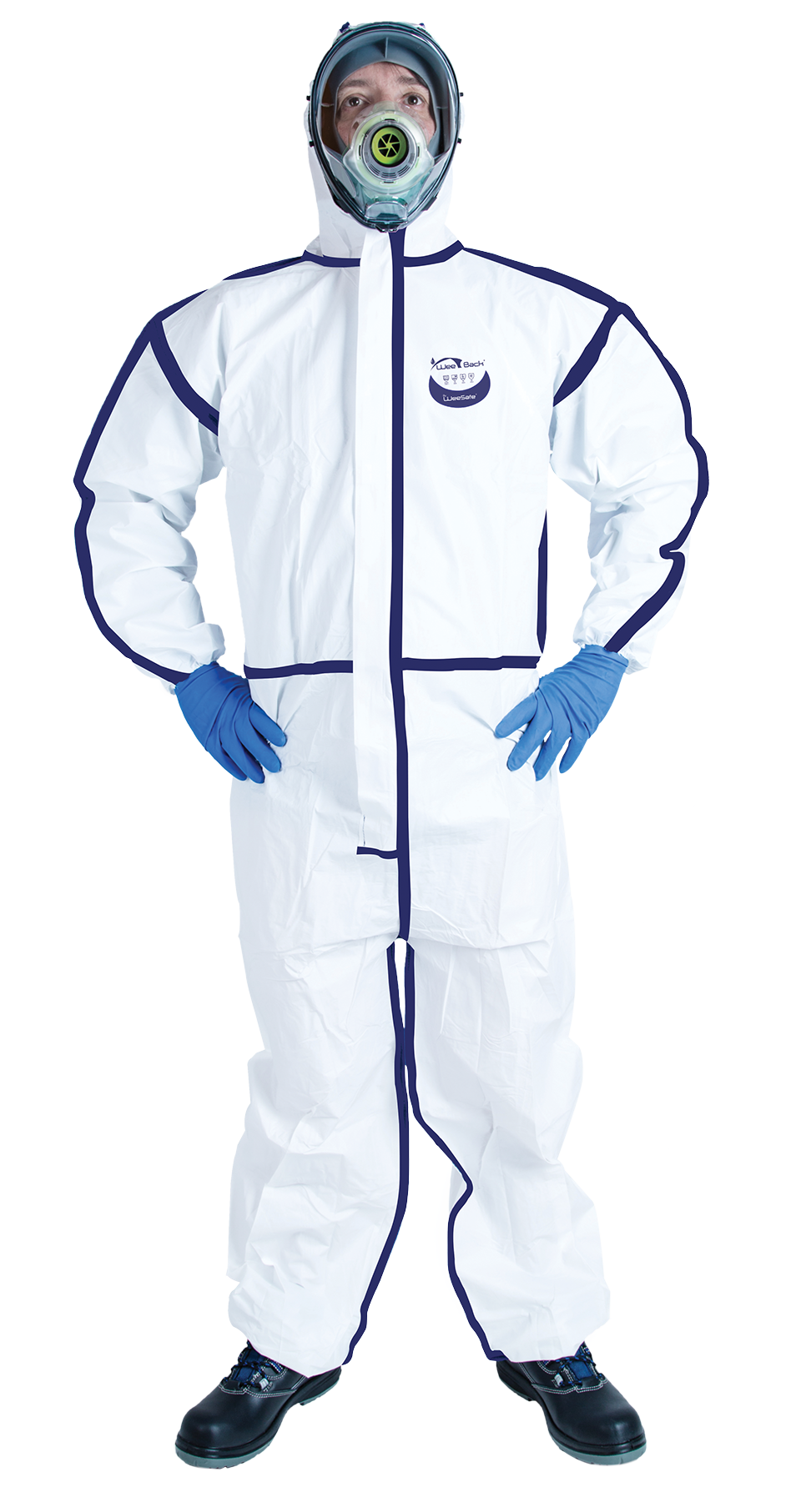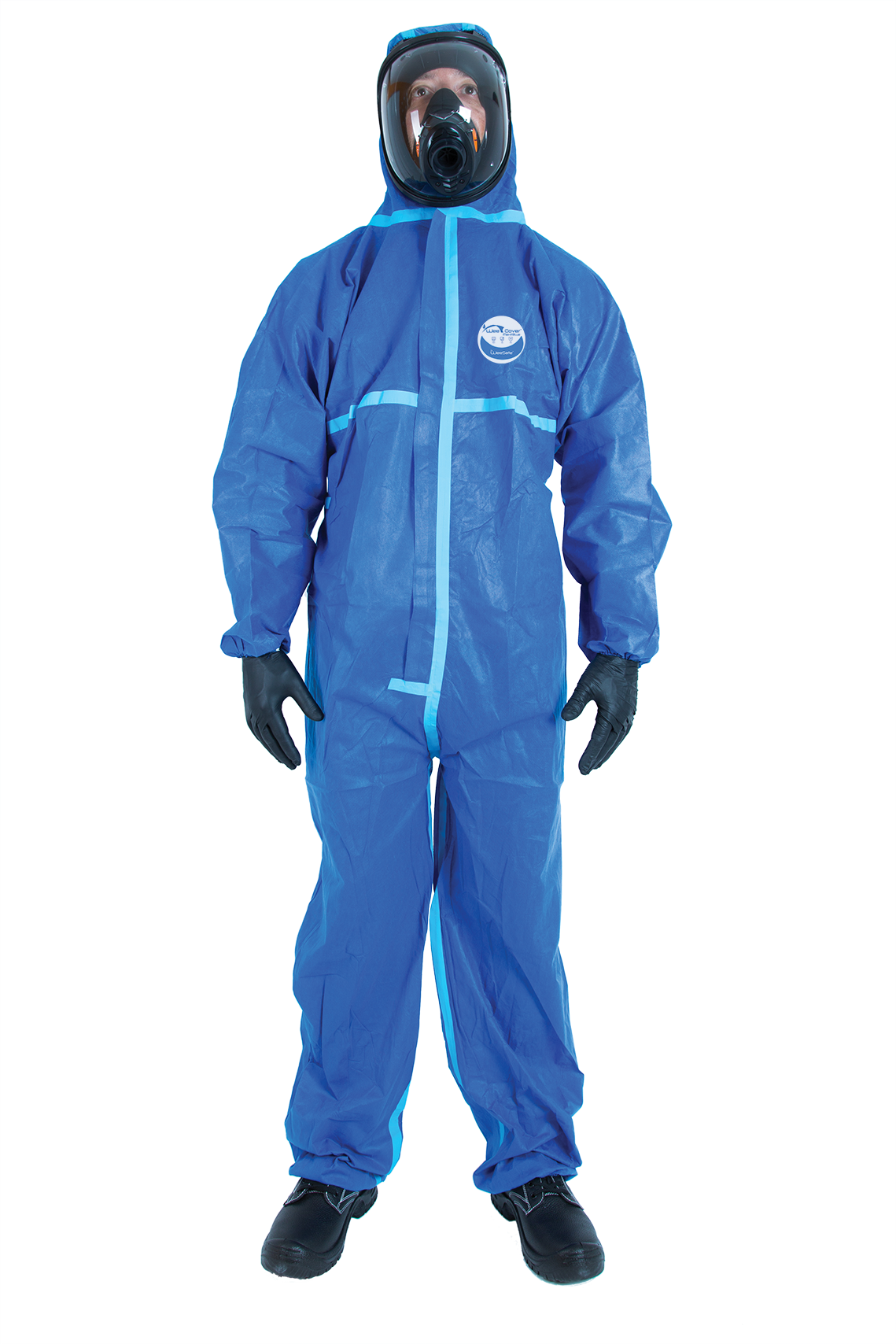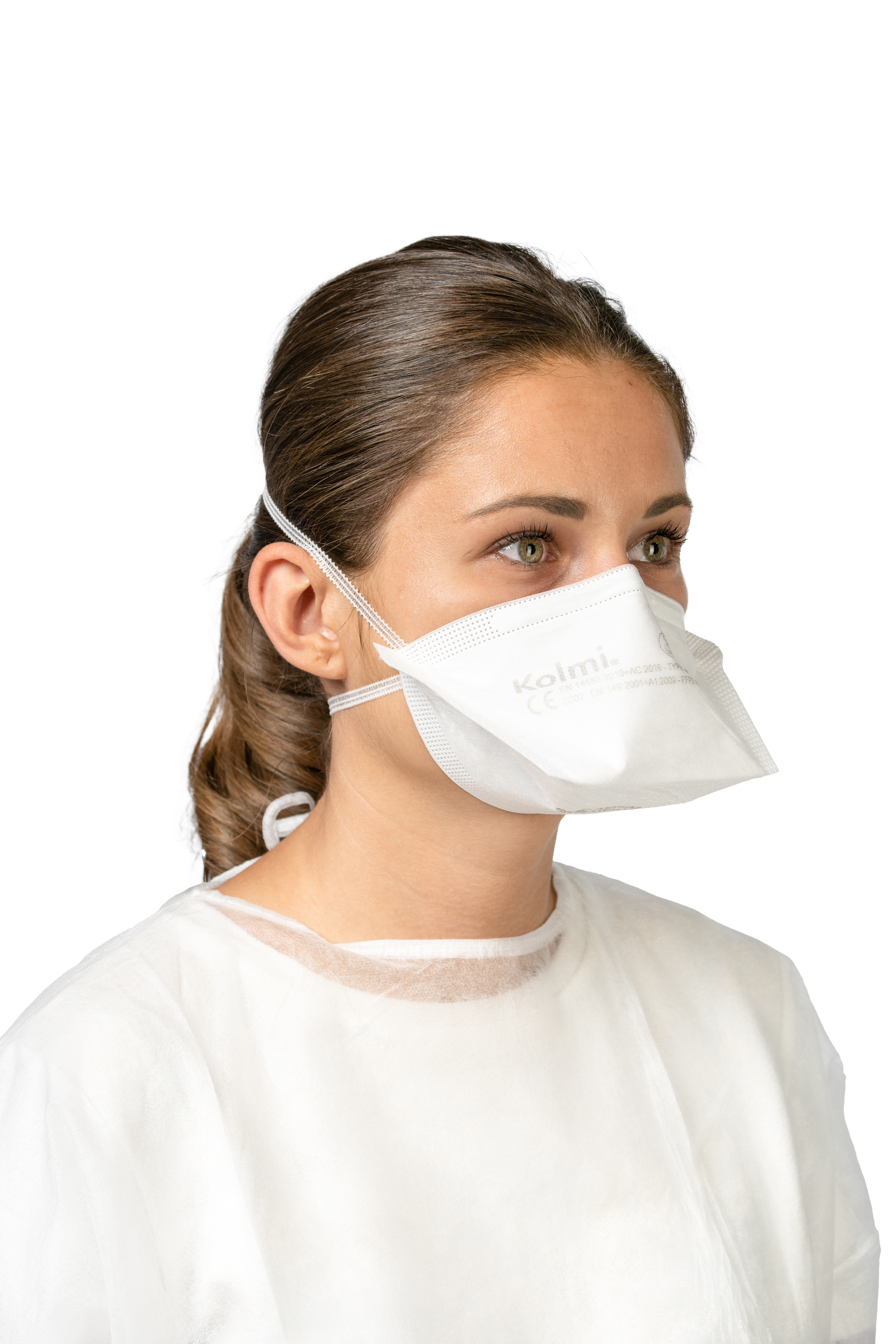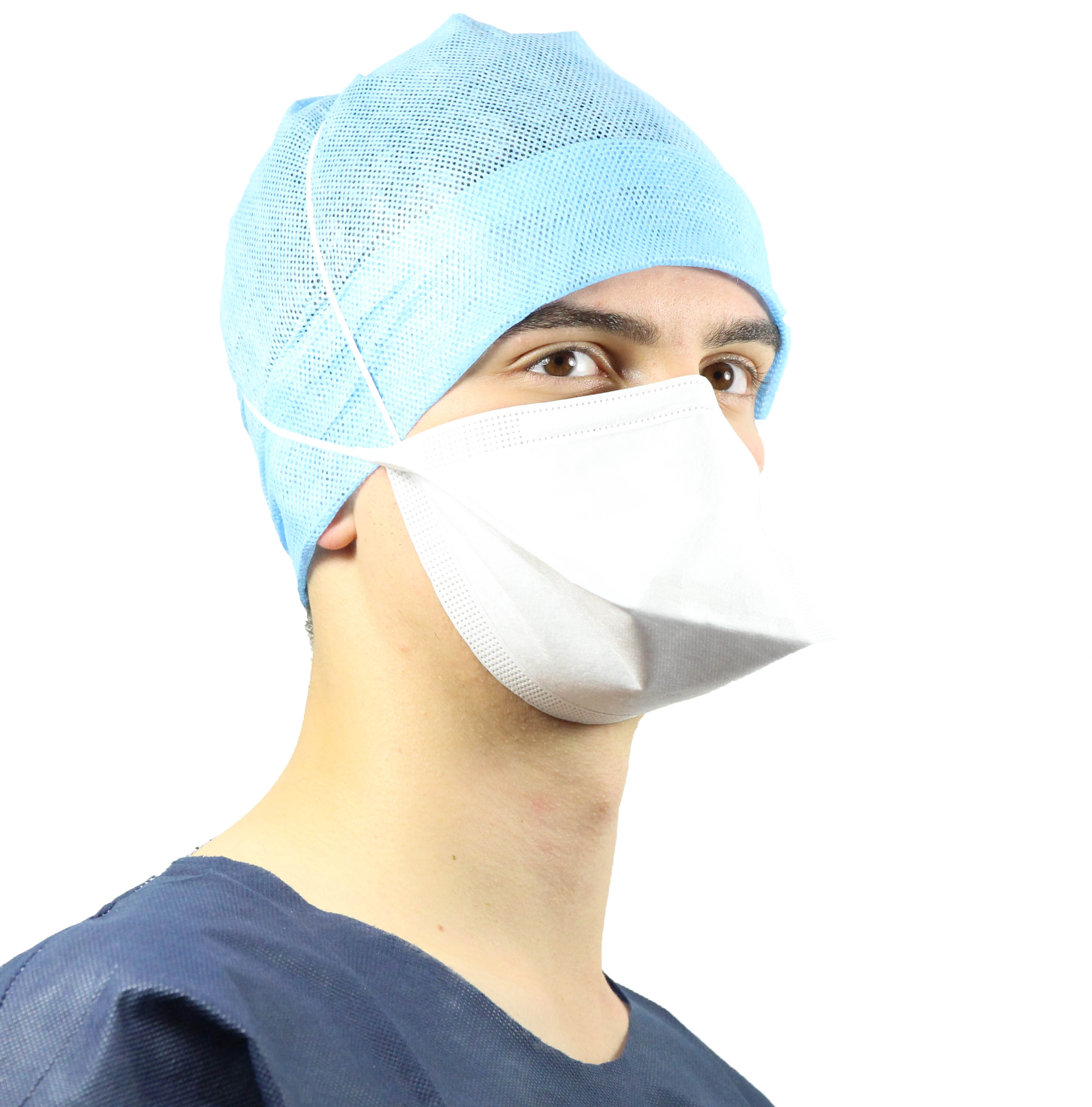PPE for insulation professions
Insulation workers are faced with intense fiber and dust emissions, often in very confined spaces. The various fibers and foams sprayed wet or dry can cause skin irritation. The operator's body protection must minimize the passage of fibers.
Personal protective equipment (PPE) is essential for companies specializing in insulation work carried out in demanding conditions.
We have designed two specific models for all insulation work: the WeeBack and WeeCover Max1Blue coveralls.
What are the protection standards for insulation work?
In insulation work, standards and legal requirements aim to ensure the safety of operators by protecting them from the risks associated with exposure to solid particles and chemicals. Personal protective equipment (PPE) must be selected based on the insulation methods used by the company, to meet the requirements of current standards while ensuring comfort and efficiency.
Dry insulation
Category 3 PPE is required, including a type 5 coverall for body protection against solid particles, and FFP2 respiratory protection mask to prevent the risk of irritation or damage to the respiratory tract.
Wet insulation
This requires Category 3 Type 5 and 6 PPE, protecting not only against solid particles but also against limited sprays and splashes of non-hazardous chemicals.
The different types of insulation
The materials used for insulation determine the specific risks to which workers are exposed, which directly influences the choice of personal protective equipment (PPE).
Natural wools
Linen, hemp, sheep's wool, cork, etc. These materials can emit organic dust containing microorganisms such as dust mites, mold, and microbes, as well as residues of insecticides, fungicides, and flame retardants. This requires respiratory protection and a suit with sealed seams to prevent contamination.
Mineral wools
Glass wool, rock wool, slag wool, etc. The use of these materials presents risks of skin and respiratory irritation due to the fine particles released. Gloves, waterproof suits, and specific masks are essential to prevent these risks.
Polyurethane foam
During application and spraying, isocyanate vapors, particularly methylene diphenyl diisocyanate (MDI), may be released, posing a risk of respiratory and skin irritation. The use of suitable respirators and gloves is essential to protect workers.
Why choose our PPE?
Choosing our PPE means choosing safety, quality, and compliance. With recognized expertise in the design and manufacturing of protective devices, Medicom is committed to providing equipment that meets the highest standards to protect your employees in hazardous environments.
Our innovative solutions guarantee optimal protection, while ensuring comfort and performance in the field.
Coveralls
Masks

